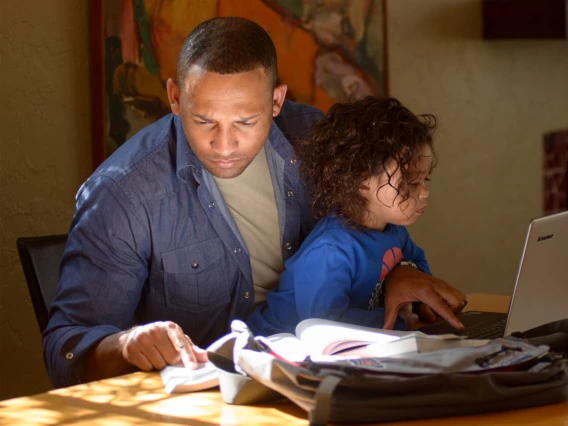Communication
Bachelor of Arts
Quick Facts
Top 5%
Online Bachelor's
Program in the Nation
- U.S. News & World Report, 2026
#1 in the
Southwest
Times Higher Education
- World University Rankings, 2026
This Bachelor of Arts program centers on the scientific study of communication, including its processes and effects. Students may take courses related to interpersonal communication, social influence and persuasion, or the social effects of media and new information technologies. Because communication is the most fundamental social behavior by which individuals function within society, its study is relevant to many academic and career interests. However, the major does not focus on specific skills training such as public relations, broadcast journalism or sports marketing.
This College of Social and Behavioral Sciences major requires a minor (or double major).
*Residents of some U.S. Territories may not be eligible. Please see our Eligibility & State Authorization page for more information.
The curriculum for this program includes:
This course will expose students to the logic and conduct of research that is aimed at producing generalizable knowledge about human communication. The goal of the course is to develop students' ability to understand and evaluate social scientific research. Toward that end, students will be exposed to the logic of scientific investigation, different research methods common to the field of communication, statistics, and several special topics in social scientific research. By the end of the semester students will be able to interpret information presented in fundamental statistics and will be able to conduct elementary statistical analyses, in addition to understanding the strengths, weaknesses, and limitations inherent in different research designs.
Theory and research on nonverbal communication codes (kinetics, touch, voice, appearance, use of space.) and social functions (impression formation and management, relational communication, emotional expressions, regulation of interaction, social influence).
The relational communication process and messages people use to define interpersonal relationships, including dominance-submissiveness, affection, involvement and similarity in close relationships.
This course focuses on the role of emotion in the communication process examining various theoretic perspectives that explain what emotions are and what they do. This course will also articulate the roles of each class of emotions (joyful, hostile, social, etc.) in human communication, and adjudicate various applications of emotion research and theory in effective communication practices.
Outcomes
Skills
Earning your Bachelor of Arts in Communication will build core skills, including:
- Communication
- Critical thinking
- Digital content creation
- Intercultural communication
- Interpersonal skills
- Organizational skills
- Problem solving
- Research
- Teamwork/collaboration
- Writing
Potential Career Paths
Graduates of the BA in Communication program will be prepared to pursue the following careers:
Citlali Rios Harnesses the Transformative Power of Communication
Citlali grew up with a deep pride in her culture and a strong connection to her roots. Through her communication degree from Arizona Online, she mastered the art of engaging with diverse audiences. Now, she's set to pursue her JD, driven by a passion to create positive change in her community.











